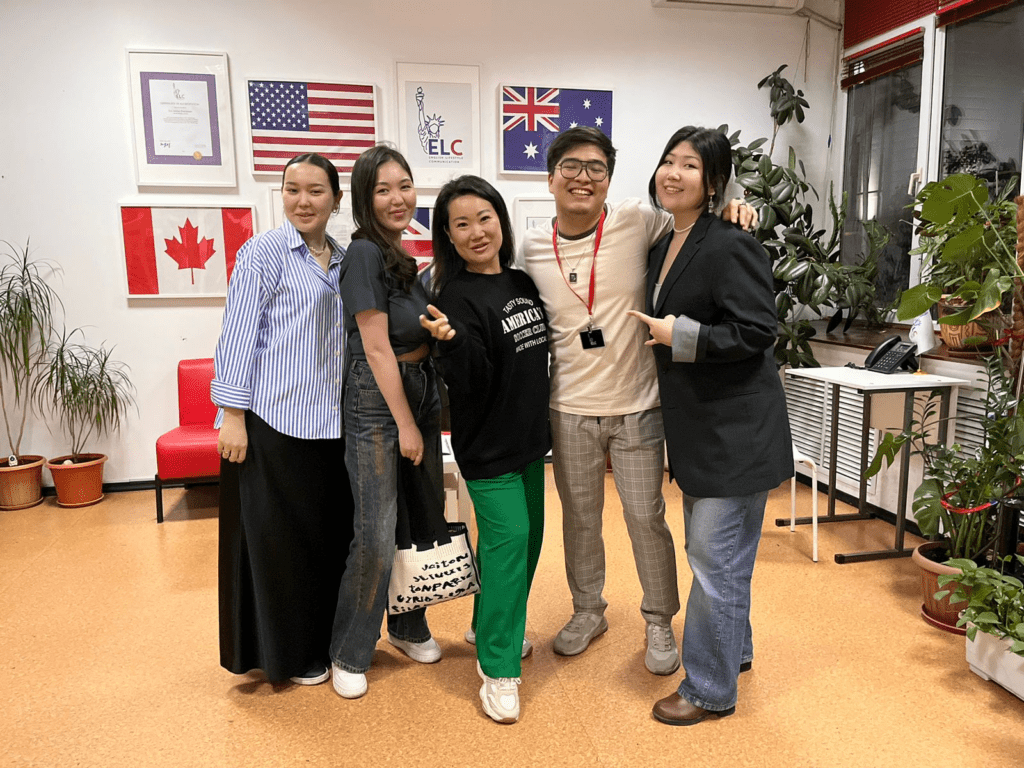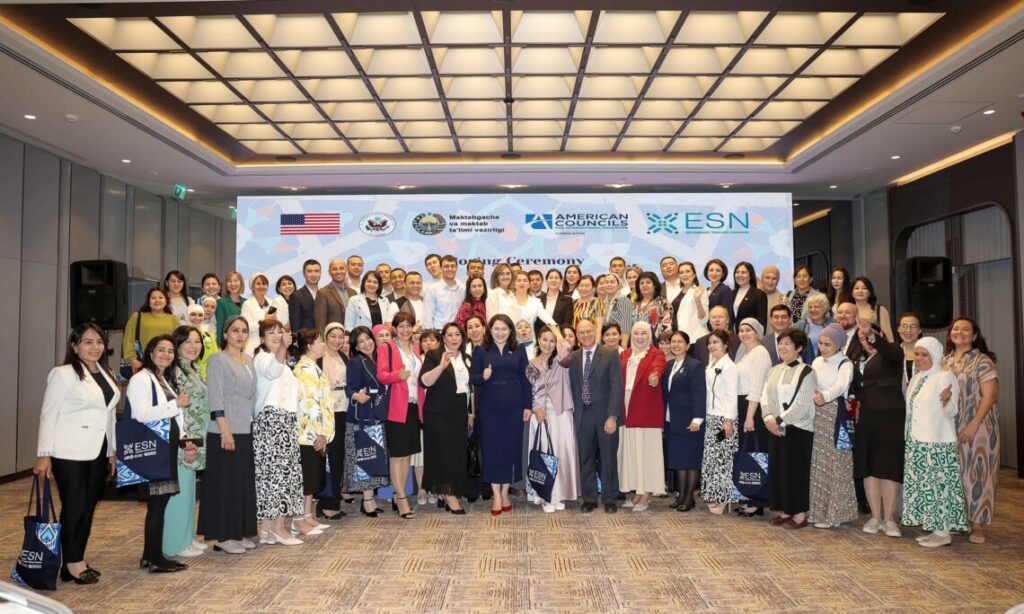Turkmenistan and American Language Schools Agree on Programs
Turkmenistan is taking active steps to establish international cooperation as part of its strategy to modernize its education system. Representatives of the Turkmen Education Ministry met with the leadership of the AC Language School from the United States. The American side took the initiative to develop unique educational programs specially adapted to the needs of the Turkmen labor market. The proposal's idiosyncrasy is the combination of international quality standards with the specifics of Turkmenistan's economic development. The proposed educational package includes programs in five strategic areas. International service standards and intercultural communication skills will be trained in the tourism sector. Courses in information technology, including advanced programming, 3D printing, and bioinformatics, will strengthen the technology sector. Special attention will be given to management training through MBA-level programs and training in renewable energy and clean technologies. The agro-industrial complex has also been addressed: courses on modern agribusiness and innovative agricultural product processing methods are envisaged. An important aspect of cooperation will be the introduction of an international certification system. This will allow program graduates to receive globally recognized documents, significantly increasing their competitiveness in the global labor market. Representatives of the AC Language School noted the great potential of the educational market of Turkmenistan and readiness for long-term cooperation.




